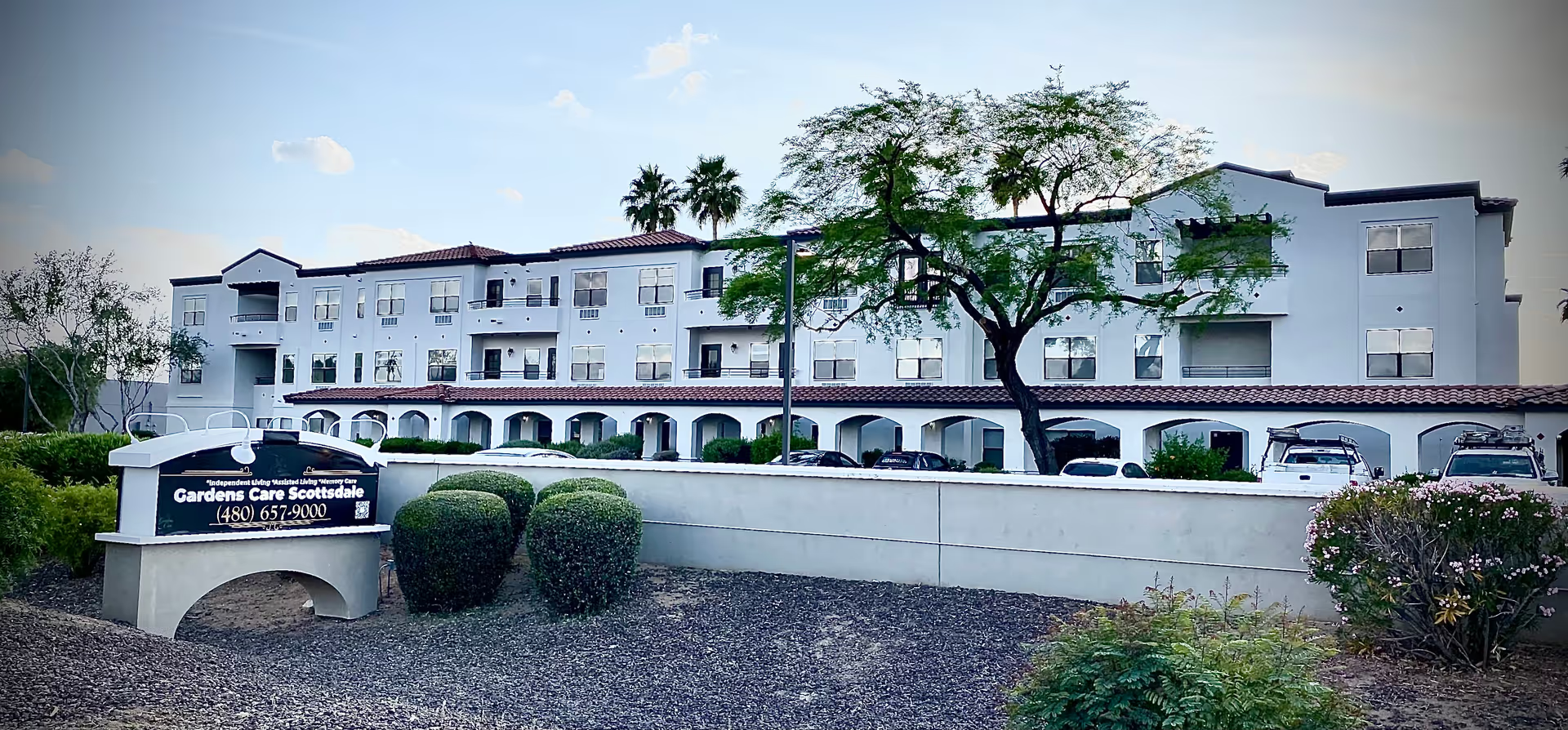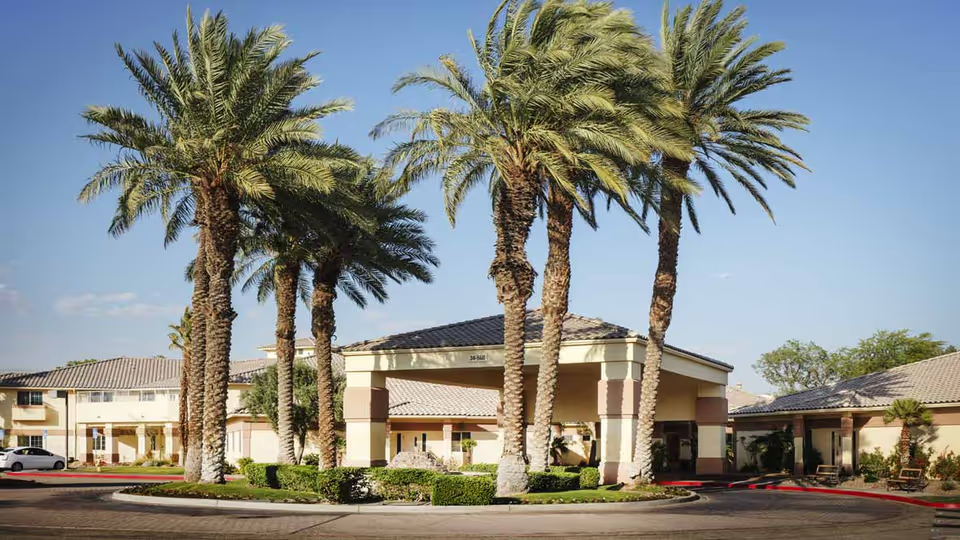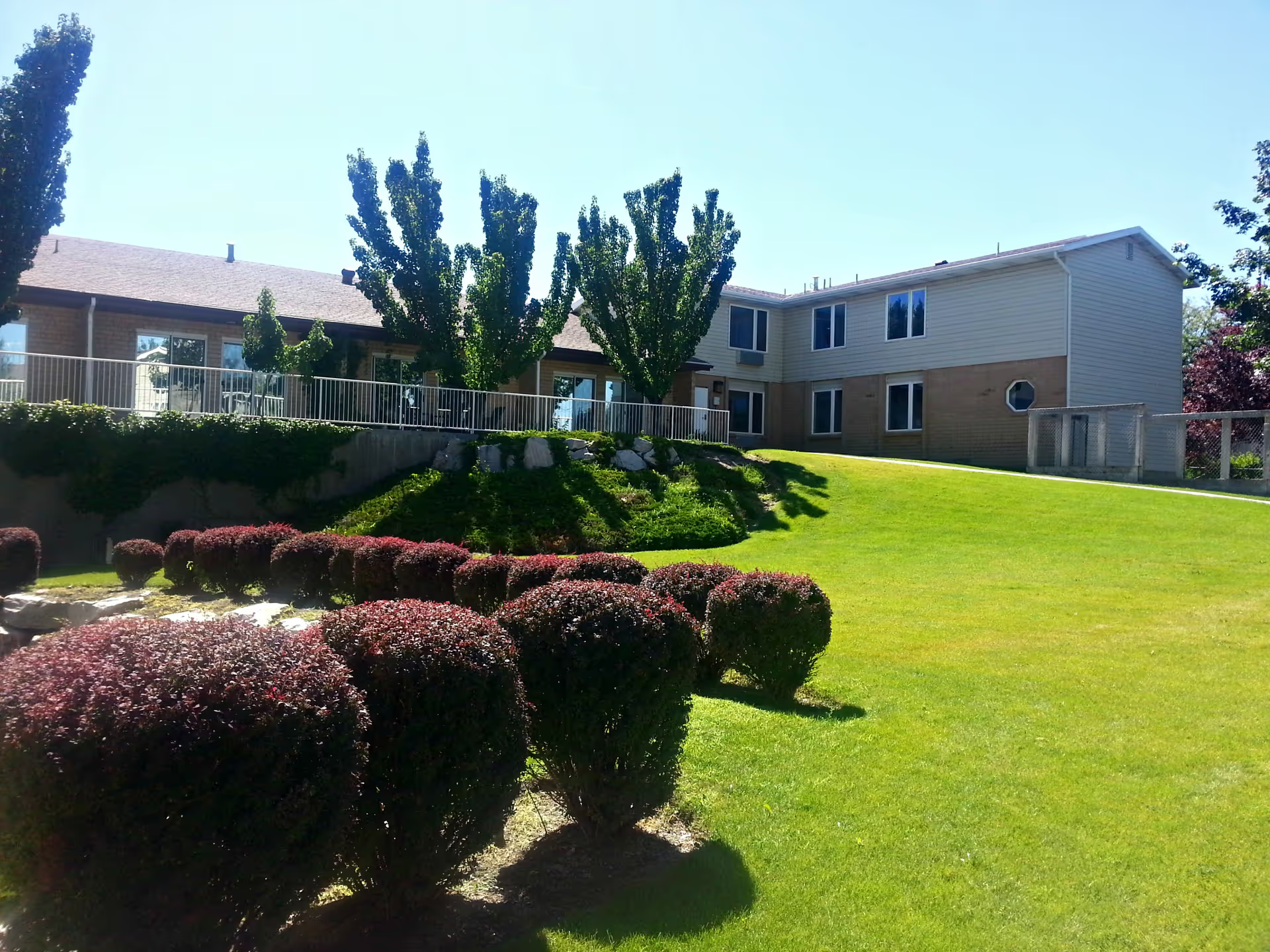Overall impression: Reviews for Aspire Transitional Care are strongly mixed and polarized. A substantial portion of reviewers praise the facility’s environment, therapy programs, social services, and many individual staff members. However, a significant set of very serious negative reports describe inconsistent or dangerous medical care, medication problems, neglect, discrimination, and specific instances of poor incident response. When taken together, the pattern suggests the facility has many clear strengths but also critical and inconsistent lapses in clinical and supervisory practice that materially affected some residents.
Staff and clinical oversight: Many reviewers highlight friendly, professional, compassionate staff. Positive comments repeatedly name a personable nurse practitioner and proactive NP oversight; social services and transition coordination receive strong praise (Maggie is mentioned by name as especially helpful). Multiple reviewers report attentive, caring nurses and strong interdisciplinary teamwork. At the same time, there are numerous and serious allegations of neglectful nursing behavior, rude or threatening staff, denial of necessary medications or inappropriate pain management decisions by prescribers or PAs, and lack of follow-up from leadership. These conflicting reports point to wide variability in staff performance and possibly uneven supervision or training across shifts and teams.
Therapy and rehabilitation: Physical and occupational therapy are among the most consistently praised services. Reviewers describe skilled PT/OT teams, an effective therapy regimen, mobility improvement for residents, and a well-equipped, on-site rehab gym. Several families explicitly recommend Aspire for physical therapy and note tangible recovery outcomes. A minority of reviewers did note temporary or suboptimal OT coverage (a "temp OT" comment), indicating occasional variability in therapy staffing or experience.
Medical care, medications, and safety: This is the area with the most serious negative feedback. Multiple reviewers allege denial of pain medication, medications administered incompletely or incorrectly, and long delays in medication administration (one report cites up to an eight-hour delay). There are also very serious accusations such as fraudulent care, sending a patient home inappropriately, and a reported fall in which a patient was left on the bathroom floor and required ER transfer. Other reviewers reported being told to leave or feeling that their loved one’s medical needs were not met. These reports raise concerns about medication management, monitoring of acute events, and escalation/incident response procedures.
Facilities, environment, and dining: The physical plant is frequently praised: newer construction, clean and beautiful rooms, private rooms with private bathrooms, and a peaceful setting. Several reviewers explicitly call the environment idyllic and well-run. Meals receive mixed feedback—some families report great food and appropriate nutrition (including accommodations for picky eaters), while others report poor meals and resultant weight loss. These divergent comments indicate that dining satisfaction may vary by meal period, dietary staff, or individual resident needs.
Management, transitions, and advocacy: Many reviews commend the facility’s transition support, insurance advocacy, and willingness to arrange transportation to memory care when needed. Social services staff are frequently singled out for strong advocacy and practical help. Conversely, other reviewers describe lack of follow-up by leadership, rude leadership-level staff (head nurse referenced), threats around out-of-pocket fees, refusal to readmit patients, and specific accusations of discrimination and mismanagement of resident funds—particularly concerning to families of Native American residents. Language barriers were also cited as an obstacle in some cases.
Patterns and takeaways: The predominant pattern is one of high variability. When care teams and social services are engaged, families report excellent therapy outcomes, compassionate staff, and a clean, modern facility that supports recovery. When problems occur they are often clinical in nature—medication errors or delays, pain-management failures, neglectful responses to falls, or alleged discrimination—and these have led to very negative and sometimes severe outcomes in reviewers’ accounts. Several reviews name particular staff members negatively (Keith and Christian Carrillo) and others name staff positively (Maggie), suggesting that individual staff behavior plays a large role in the resident/family experience.
Conclusion and considerations for prospective families: Aspire appears capable of delivering high-quality rehabilitation, strong therapy outcomes, and excellent social services and transitions support, particularly when the praised staff and leadership are involved. However, prospective residents and families should be aware of the reported inconsistencies in nursing and medical management, and the serious nature of some allegations regarding medication handling, fall response, readmission practices, and potential discrimination. If considering Aspire, families may wish to ask specific questions about medication administration protocols, fall-response procedures, staff training and supervision, how the facility handles cultural/language needs and financial safeguards, and who will be the primary clinical contacts for their loved one. Monitoring care closely during the early days of admission and maintaining open communication with social services (where many reviewers had positive experiences) could help mitigate the variability reported across reviews.







